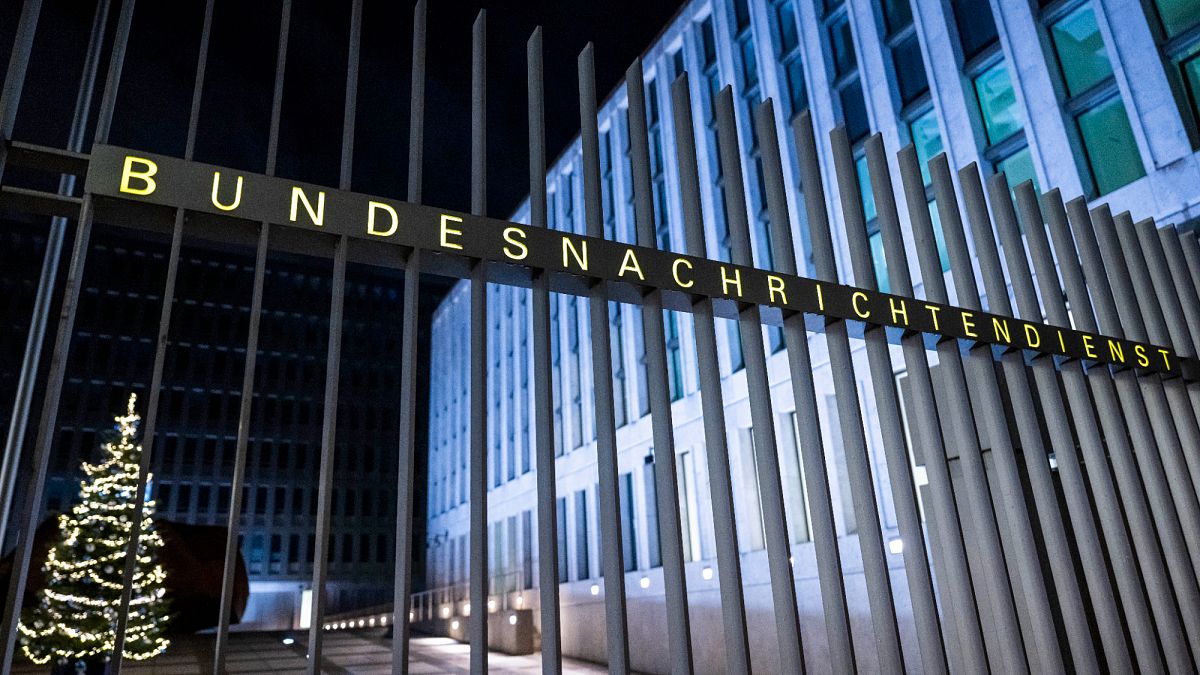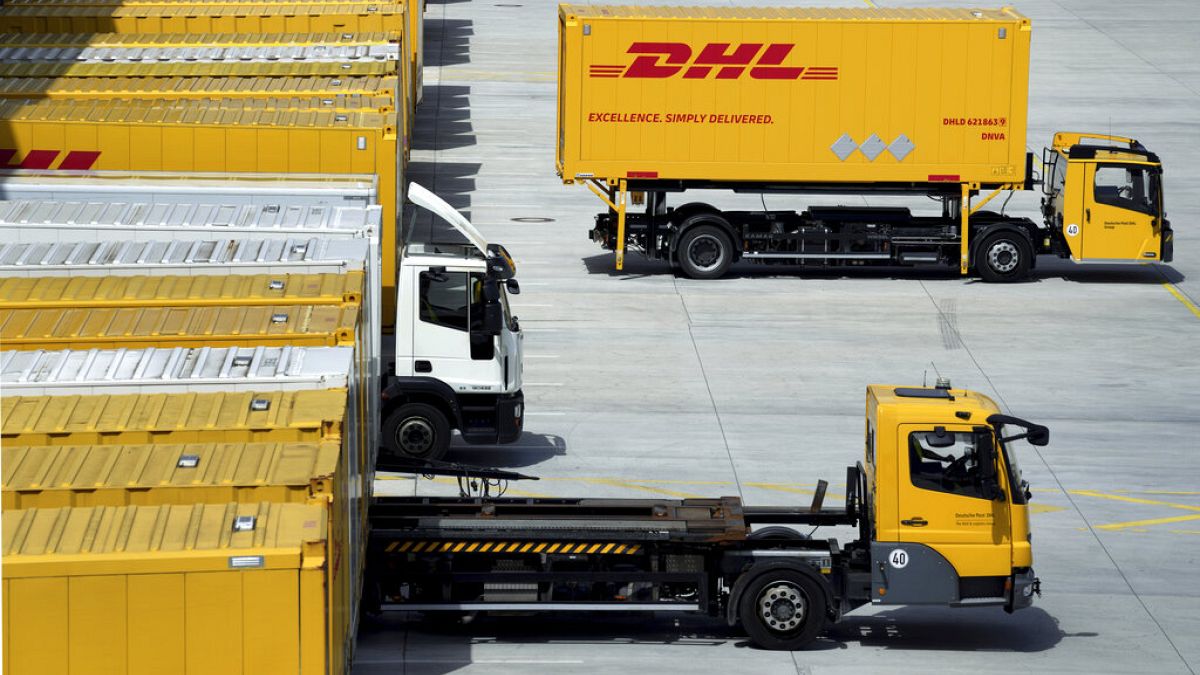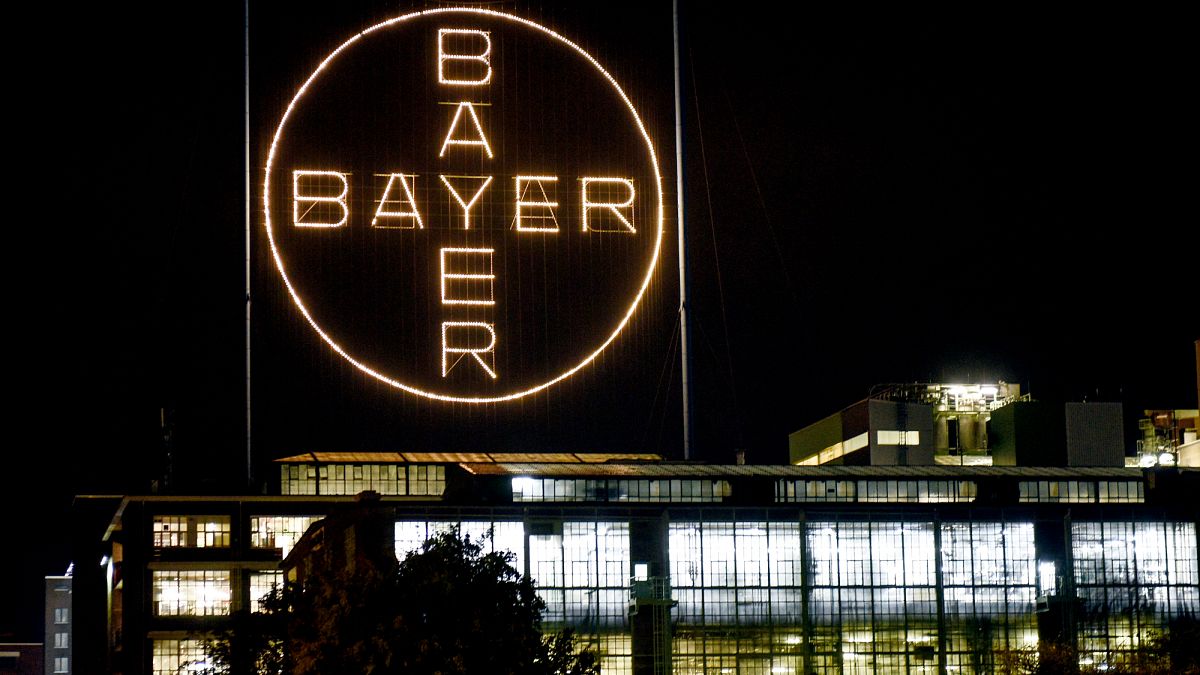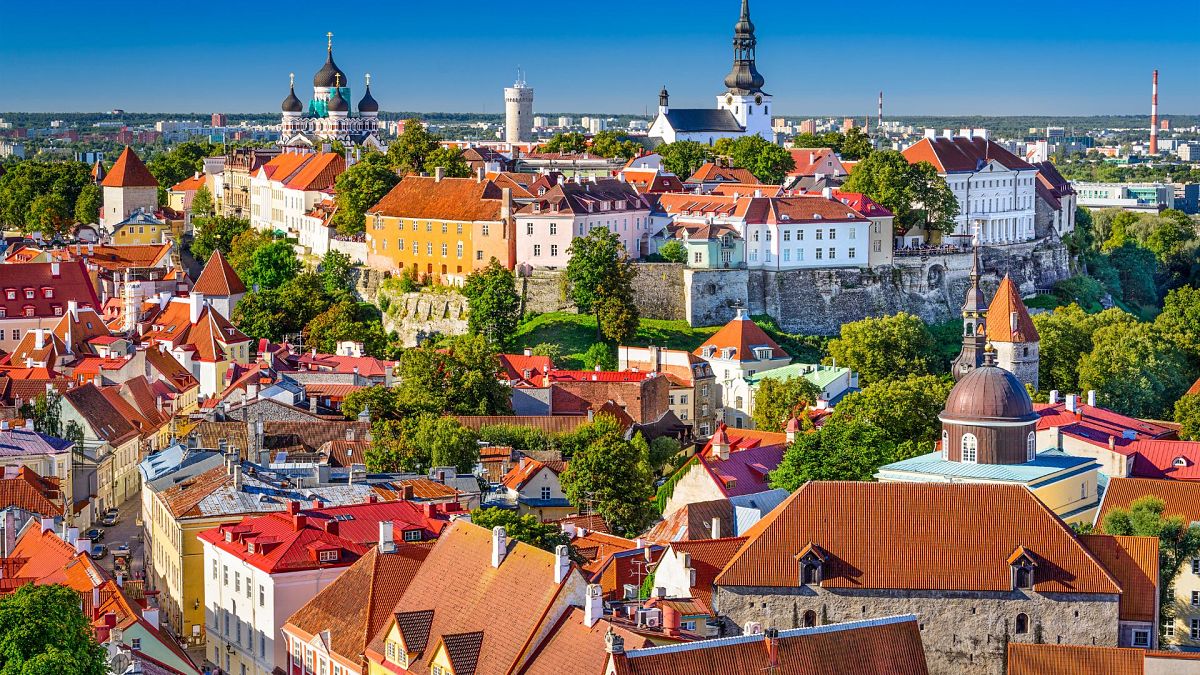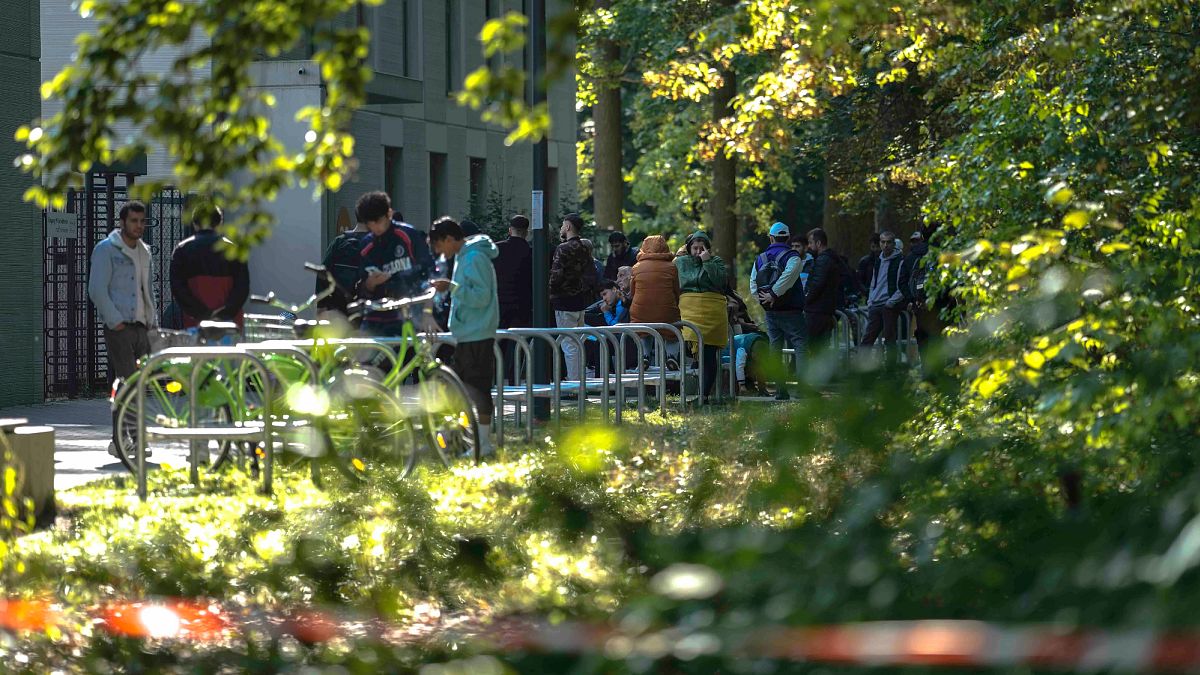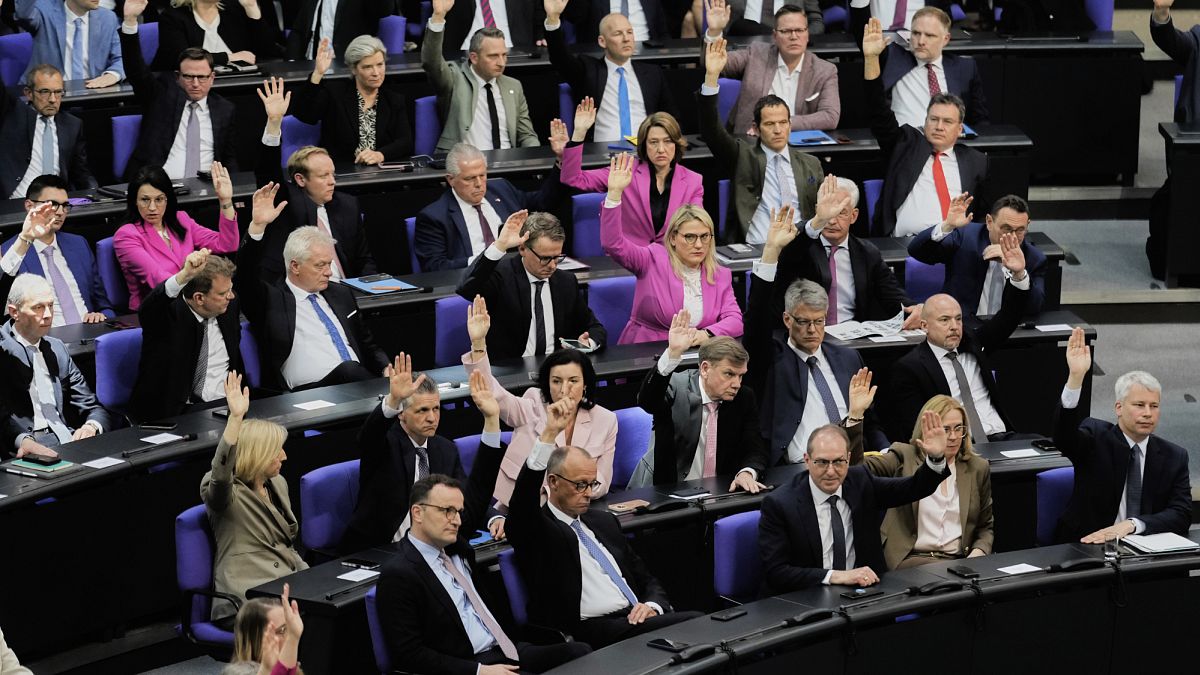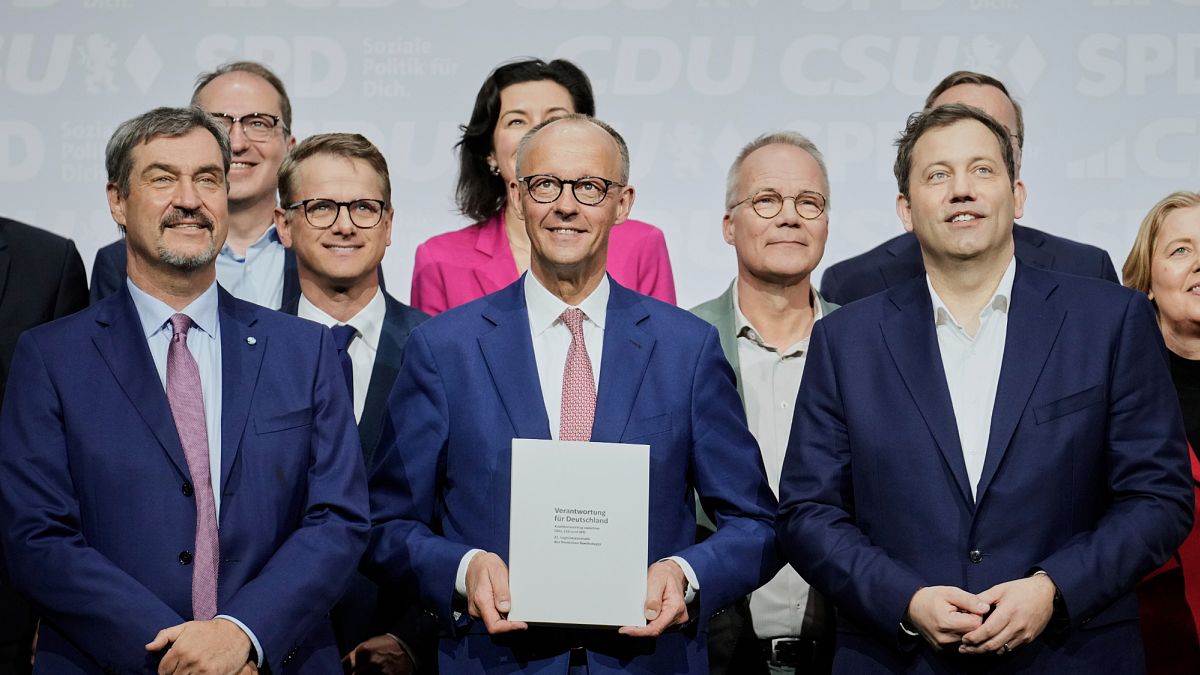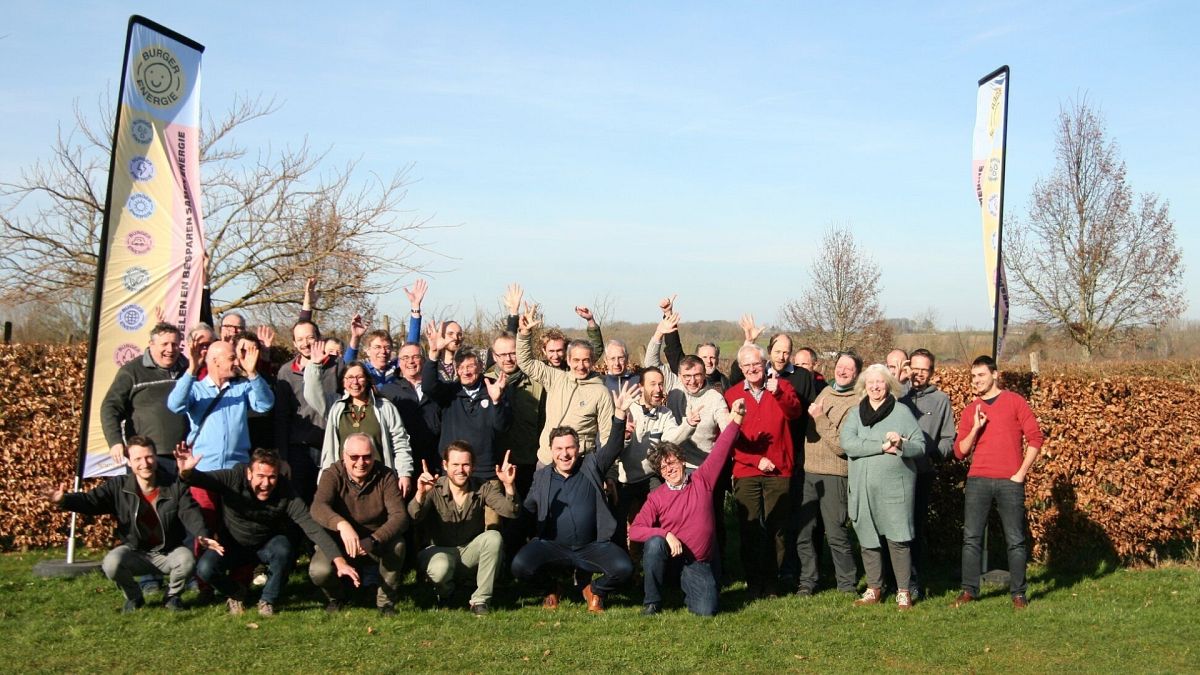German steelmaker ThyssenKrupp holding major restructuring talks
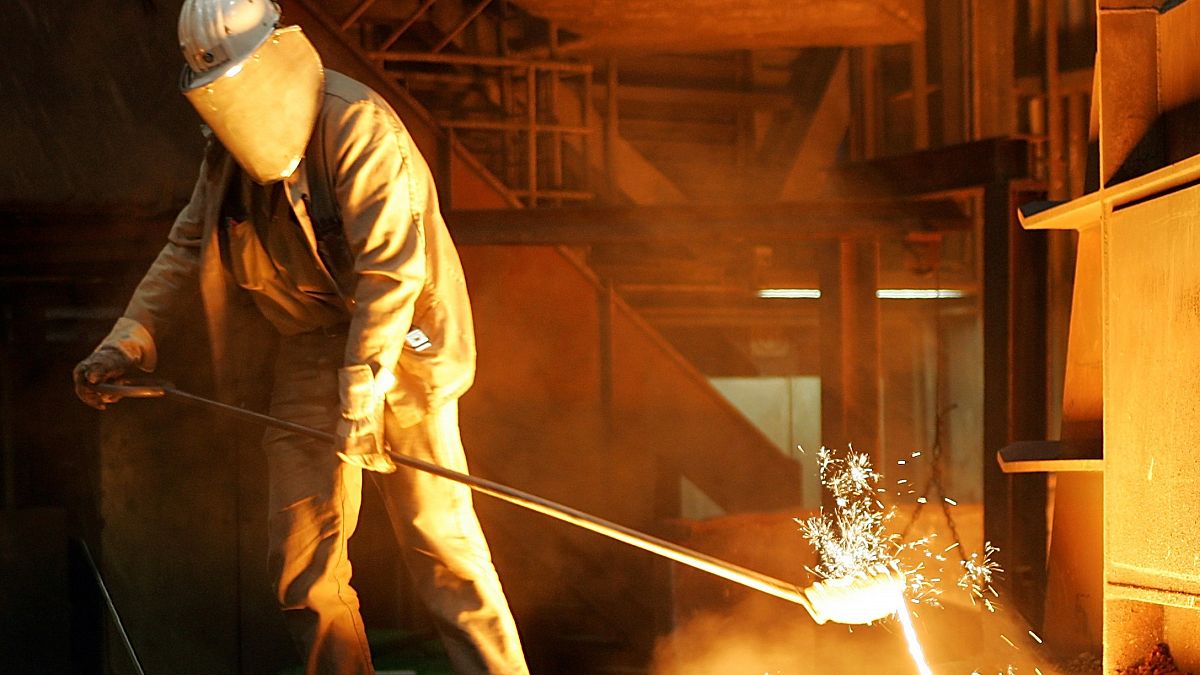
The firm’s supervisory board will discuss the independence of its steel division in the face of fierce competition from Asia and climate demands.
Management officials at the German industrial conglomerate ThyssenKrupp are meeting on Friday to talk through a spin-off of the company’s steel unit.
Around 27,000 people work in the affected division and 13,000 of them are employed in Duisburg – a city in the west of Germany, north of Cologne.
It is not yet clear exactly how many jobs will be lost in the restructuring process, although positions in Duisburg are protected until March 2026.
On Thursday evening, employees gathered in front of the Duisburg steel headquarters to protest against the firm’s reorganisation.
Demonstrators held candles and torches, standing among wooden crosses. Four men dressed in black carried a coffin with a doll inside.
There are fears that ThyssenKrupp’s steel division could be spun off from its parent company with insufficient financial resources.
“The fear is that we will be given as little dowry as possible, so that at the end of the day the insolvency administrator will be at our door,” said Ali Güzel, Chairman of the Works Council at the ThyssenKrupp Duisburg/Beeckerwerth site.
“The risk of insolvency is very high,” he continued, quoted by German outlet Welt.
In April, ThyssenKrupp announced it would sell a 20% stake in its steel division to Czech billionaire Daniel Křetínský. The sale was completed at the end of July.
The unit is struggling in the face of competition from cheaper Asian manufacturers, a situation aggravated by Europe’s energy price spike.
Speaking of the Křetínský deal, ThyssenKrupp’s CEO Miguel Lopez said he hoped the partnership would facilitate the decarbonisation of the steel industry.
“The planned measures are absolutely necessary to maintain competitiveness and to lead steel production at the Duisburg site into a secure future,” said ThyssenKrupp earlier this year.
“Far-reaching optimisations in the production network should significantly increase competitiveness and profitability.”
Source: Euro News


